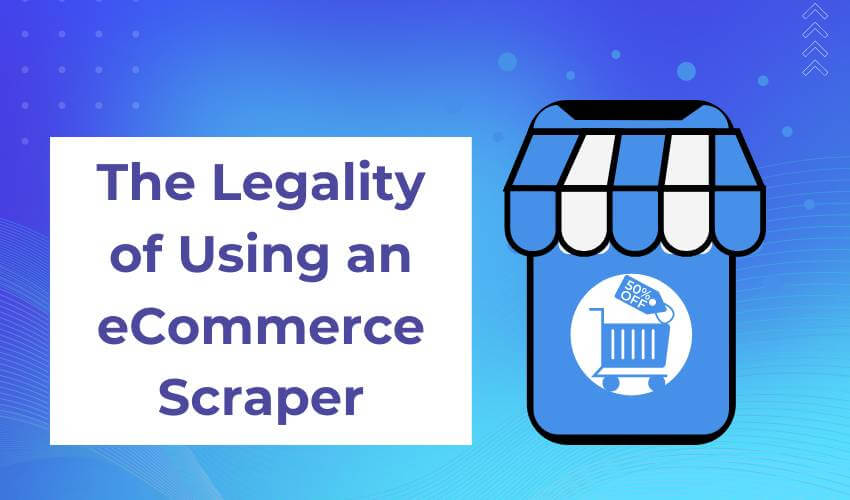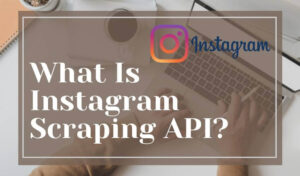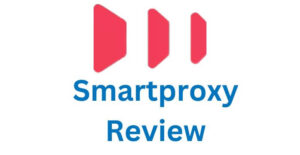
Key Takeaways
E-commerce scrapers are becoming popular for gathering data in this digitalization era. It works like a person and does many tasks, such as clicking links, scrolling down pages, and entering search queries.
This tool extracts data using HTML code and organizes and saves them in formats like JSON, CSV, or Excel.
The legitimacy of using an e-commerce scraper tool depends on how one uses it. Before using this scraper tool, business owners must consider issues such as copyright infringement, website terms, data protection laws, etc.
There are specific ways that businesses can use to avoid the risk of being illegal. Such as taking permission before using this tool, following the role of the website’s terms of use, and staying away from scraping personal data.
As more and more businesses move online, eCommerce scrapers have become an increasingly popular tool for gathering data on products and prices. However, the legality of using these tools is a hotly debated topic.
In this article, I’ll explore the legal implications of using an eCommerce scraper and what businesses need to know before deciding to use one.
How Does an eCommerce Scraper Work?
An eCommerce scraper tool simulates human behavior on a website, such as clicking on links, scrolling down pages, and entering search queries.
It then analyzes the website's HTML code to extract the desired data, using algorithms and regular expressions to filter and organize the data into a usable format.
The extracted data can be saved in various formats, such as CSV, Excel, or JSON, and imported into other software applications for further analysis.
The legality of Using an eCommerce Scraper
The legality of using an eCommerce scraper is a complex issue that varies depending on the specific circumstances of each case.
However, there are several legal concerns that businesses should be aware of before using an eCommerce scraper:
Copyright Infringement
One of the primary concerns with using an eCommerce scraper is the risk of copyright infringement.
eCommerce websites typically have copyright protection over their product descriptions, images, and other content.
If an eCommerce scraper copies this content without permission, it could be copyright infringement.
Website Terms of Use
Most eCommerce websites have terms of use that prohibit using automated tools to extract data from their site.
A business violating these terms could be subject to legal action.
Data protection laws
Many countries have data protection laws governing how businesses collect and use personal information.
If an eCommerce scraper is used to collect personal data from an eCommerce site without the user's consent, it could be considered a violation of these laws.
Best Practices for Using an eCommerce Scraper
While the legality of using an eCommerce scraper is a complex issue, there are several best practices that businesses can follow to reduce their legal risks:
Obtain Permission
Businesses should obtain permission from eCommerce sites before using an eCommerce scraper.
This can be done by contacting the site's owner and requesting permission or using an API that provides authorized access to the data.
Respect Website Terms of Use
Businesses should carefully review the terms of use of eCommerce sites before using an eCommerce scraper.
If the terms prohibit automated tools, businesses should not use a scraper.
Avoid Scraping Personal Data
Businesses should avoid scraping personal data from eCommerce sites without the user’s consent.
Final Verdict
Using eCommerce scrapers can provide businesses with valuable product information and pricing data.
However, the legality of using these tools is a complex issue that varies depending on the specific circumstances of each case.
To reduce legal risks, businesses should obtain permission from eCommerce sites, respect website terms of use, and avoid scraping personal data.



